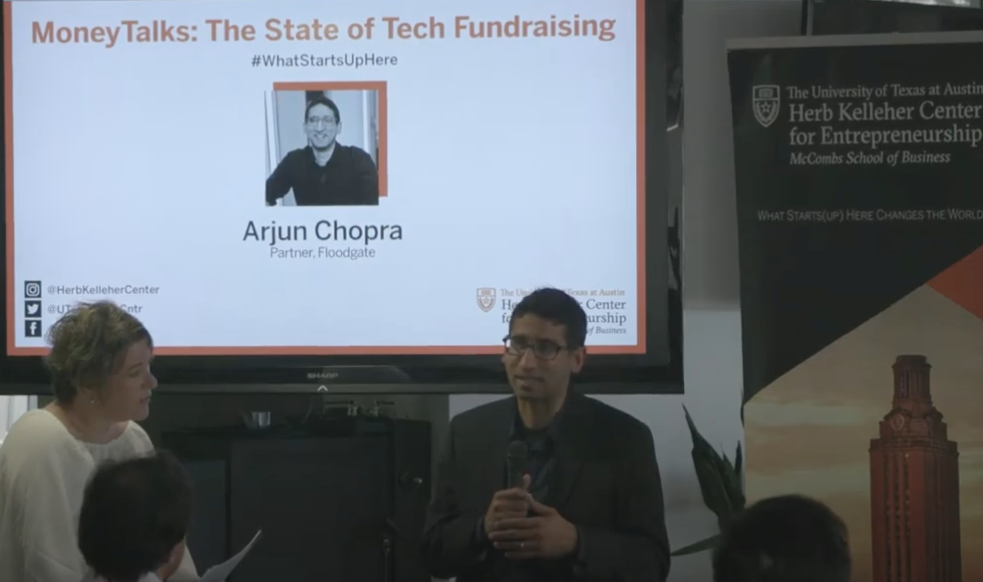
A self-taught programmer turned venture capitalist, Nnamdi Iregbulem, who specializes in enterprise software, loves to dive into the guts of what makes a product work. Parsing out the technical details is more than just an intellectual exercise; it speaks to the core innovation a product brings to enterprise software.
It’s a broad and diverse category that encompasses everything from data science and machine learning to developer tools. But what binds many enterprise software startups together is a rising need for productivity.
“Every company is becoming a software factory of sorts; even if they aren’t literally a software company, they are building software internally or consuming a lot of software,” Iregbulem says. “Unlike in industrial revolutions of the past, where the unit of labor was oftentimes not well paid or treated, developers and data scientists have a lot of leverage, so anything you can do to make these folks more productive is very, very valuable.”
A partner at Lightspeed Venture Partners who’s backed names like Fastly, GitLab and Epic Games, Iregbulem offers advice and feedback at a Founders Network pitch practice. Register at Founders Network and check if you qualify for full membership and get actionable advice on:
- Defining your product’s core innovation
- The ‘X Factor’ that makes startups backable
- Spelling out the investment logic for VCs
- Bad pitch habits to avoid
- Other direct feedback on your startup pitch
Apart from assessing the technical merits of a product, there are a few attributes Iregbulem looks for in a promising startup.
“Treat every pitch like you've never pitched before.” - @whoisnnamdi Share on X“Especially at the early stage, it is: the team, the market they’re in, and what one could call an ‘X factor,’” he says. “That’s a phrase I stole from one of my colleagues, but I think it is really important.”
That may not be a measurable trait, but a sharp-eyed investor will know it when they see it. It boils down to a mix of drive, a certain air of magic or inevitability that may translate into super-loyal customers down the road: “There’s a feeling that something is happening at the company, that may not even be measurable, that gives you hope or confidence that this company must exist,” he explains. “Would I want to leave my job to join this company? If yes, that’s a good sign.”
For founders getting ready to make your pitch, Iregbulem offers a few pieces of advice that resonate no matter what your product or service is about.
“Make sure that the logic is there and that it holds. You’ve been living and breathing the idea, but remember it's the first time the other person is hearing it.” - @whoisnnamdi Share on X“Treat every pitch like you’ve never pitched before,” he says. “Otherwise, you start to miss stuff, skip over things. You forget that this person has never heard this pitch before.”
When you’ve made some version of your pitch dozens, or even hundreds of times, it’s easy to fall into autopilot or assume that your audience is as familiar with the problem as you are. That’s a mistake: No matter how sophisticated the investor may be, forcing your audience to make logical leaps to understand the investment opportunity reduces your chance of success.
“Have your logic laid out explicitly: Why does this need to exist? Why does it need to be us? And why is this going to work?” - @whoisnnamdi Share on X“Make sure that the logic is there and that it holds. You’ve been living and breathing the idea, but remember it’s the first time the other person is hearing it and they don’t have the same context you do,” he says. “Have your logic laid out explicitly: Why does this need to exist? Why does it need to be us? And why is this going to work? That’s certainly what the investor is asking themselves.”
If you put the investor in the position of figuring it out for themselves, it’s “probably going to be a no,” Iregbulem adds. “It’s better to give them answers up front.”






